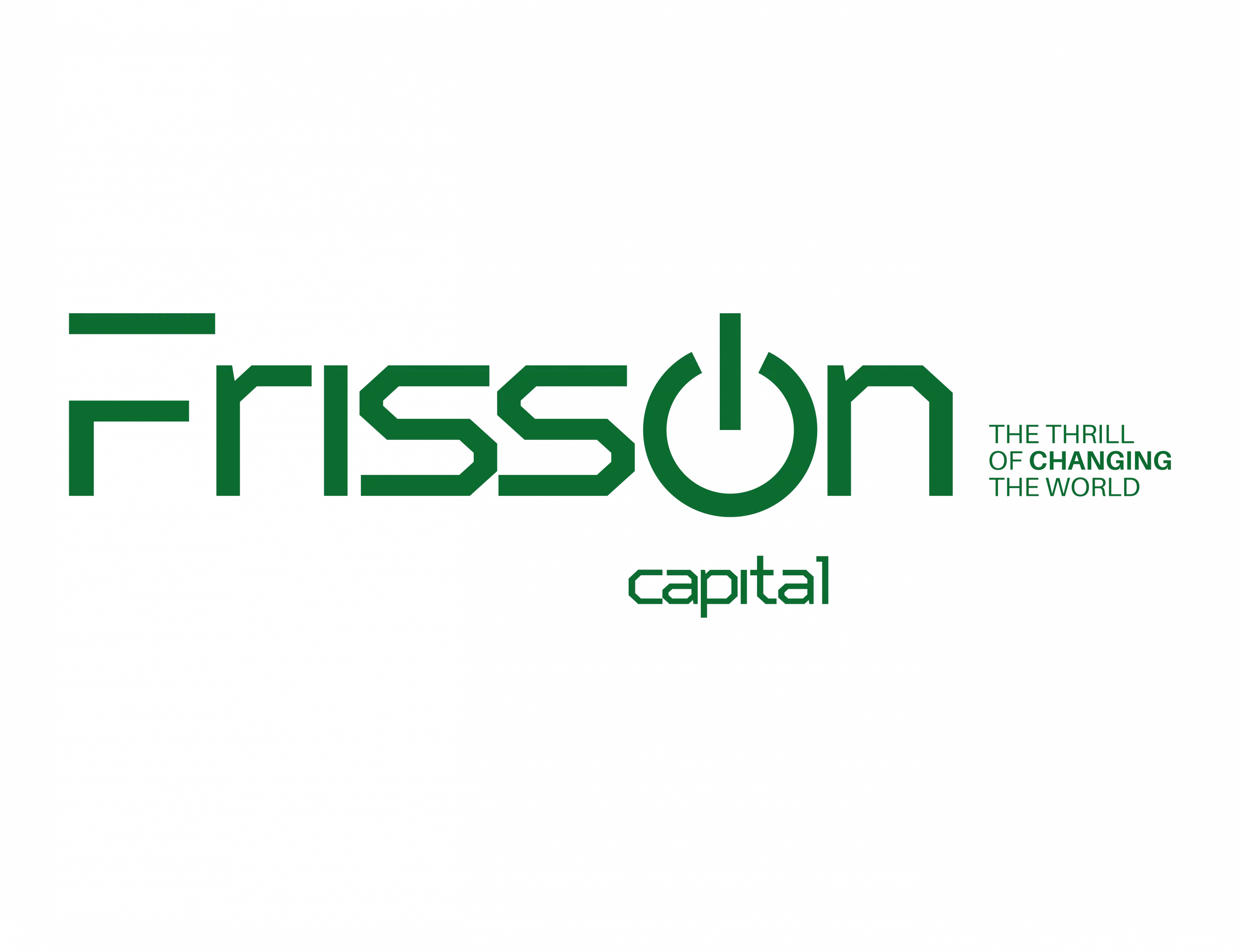Elon Musk said that in ventures, there are times when it is better to stop when there is something wrong. That is what failures do: generate a pause to analyze what you are doing and consider whether you need to make changes, continue as you are going, or give up.
The success achieved by many business people who started their ventures when they were not yet 30 years old has for some time become an aspirational model for many young people globally who want to start a business and grow it until they become part of those successful entrepreneurs.
People like Mark Zuckerberg, Bill Gates, Steve Jobs, Steve Wozniak, Larry Page, and Michael Dell, with companies worth more than a billion dollars, started their business careers between the ages of 20 and 25 and, indeed, they were so successful that they became that aspirational model. However, not everything came easy for them; ultimately, they are an exception.
According to Ali Tamaseb in “Super Founders: What Data Reveals About Billion-Dollar Startups,” a book that employs a data-driven approach to understanding what makes the difference between billion-dollar startups from the rest, “The median age of billion-dollar startup founders was thirty-four, meaning that half of the billion-dollar startup founders were that age or older when they started.”
Tamaseb, a partner at tech venture capital firm DCVC, spent thousands of hours over four years combing through Internet archives and sifting through interviews and thousands of LinkedIn and Crunchbase profiles to compile data on every unicorn startup started between 2005 and 2018. In his work, he gathered more than 30,000 pieces of data on private and public companies in different industries with billion-dollar valuations and companies whose acquisitions brought them to that value.
In his research, he found that unicorn founders aged 34 or older had created another company before their billion-dollar business, implying that they all have an entrepreneurial past of at least ten years. A 2018 research published in Harvard Business Review found that the average age at which a successful founder starts their company is 45 years old. That’s “among the top 0.1% of startups based on growth in their first five years,” according to the report, although it also found that entrepreneurs with at least three years of prior work experience in the same industry as their startup were 85% more likely to succeed.
This means that those who reached 34 with a successful startup had already had one or more failures before they succeeded.
A recent study revealed that most successful entrepreneurs are not exactly young and that the average age of 1 in 1,000 of the fastest-growing startups is 45. This finding holds across all high-tech sectors, entrepreneurial hubs, and successful company exits. So while conventional thinking tends to paint the younger generation as exceptionally creative innovators and great thinkers, it appears that older generations are more likely to possess traits that facilitate entrepreneurial success.
Some Examples
In 1945, at 27, Sam Walton entered the retail business by purchasing a store in Newport, Arkansas. Within five years, he made it so profitable that he earned handsome profits. According to an article in the Harvard Business Review, his store was number one in all of Arkansas and probably in neighboring states.
But a small oversight in signing a bad lease, coupled with his inexperience in real estate, led him to sell his store to the landlord with all his inventory and leave town. He then moved to Bentonville, in the same state, and started over, from scratch, until 12 years later, he founded his first Walmart store in Rogers, Arkansas. In his autobiography, he says: “The challenge at hand was simple enough to understand. I had to pick myself up and keep going, do it all over again, only this time better.”
Sam Walton learned from his mistakes and began opening Walmarts, of which number 18 ended up being his return to Newport, in 1969, “Nineteen years after we had been run out of town.”
One of the most significant business owners of all time, if not the greatest, made a ridiculous mistake that cost him everything, but he learned from those mistakes and worked hard to overcome them.
In another case, at age 23 in 2002, when he was a student at the Zicklin School of Business at Baruch College in New York, Adam Newmann proposed an idea he called “concept living” in a startup competition: it was about putting a communal spin on apartment rentals, which was like a dorm for urban professionals.
His professor quickly dismissed it, telling him that no entrepreneur could raise enough money to change the way people live. Neumann abandoned the idea of launching other companies: one specializing in women’s footwear, then focused on baby clothes with new brands like Egg Baby and Krawlers; both failed until he founded what he called another kind of physical social network – WeWork, the co-working business whose rise and fall would become synonymous with the hubris of startups.
The company’s hallmark was that it brought a bar/coffee shop, pinball games, and broke with the rigorous scheduling and dress code of “normal” offices to the work environment. By 2014, WeWork had grown to become the fastest-growing office space, with aspirations to succeed on every continent, and its value had risen to $15 billion by 2016.
However, the company’s value plummeted in 2019 due to expenses and Neumann’s erratic behavior, which scuttled his plans to go public; that year, it was revealed that the corporation had suffered significant losses and power imbalances, and after the IPO failed, WeWork’s new leadership decided to sell many of the company’s assets and forced Neumann out of his position and out of the company.
Three years later, Neumann announced his return now with an idea within the real estate sector, much in the style of WeWork.
What Research Says
Recent research reveals that the highest entrepreneurship success rates come from middle-aged and older founders. It follows that the relationship between age and success implies that the older people get, the more skills, resources, and experience they accumulate.
Among the revelations is that younger entrepreneurs appear to have a strong disadvantage in their tendency to produce the fastest-growing companies. Below the age of 25, they seem to do poorly even though there is a sharp increase in performance at that age. Between the ages of 25 and 35, performance appears fairly flat, but from age 35 onward, there is an increase in the likelihood of success, outperforming those at age 25. Another large increase in performance occurs at age 46 and is maintained into the 60s.
The findings on age and success also imply that young entrepreneurs should not fall into the trap of seeking to equate themselves with the success stories of the young outliers: the Zuckerbergs, Musks, and Gates of the world.
“We should stop lying to young people about business and tell them the truth that business is hard,” wrote Jeffrey A. Tucker, a research fellow at the Foundation for Economic Education, in an article for the American Institute for Economic Research. “Work is hard. Saving money is hard. Serving customers is hard. For some people, just showing up is hard. All of these skills are learned. The fun comes when you master them.” That, undoubtedly, takes time to accumulate experience.
The First Failures
According to data from the Bureau of Labor Statistics, collected by Fundera, a subsidiary of NerdWallet that provides the tools people need to navigate all of life’s financial decisions, about 20 percent of small businesses fail in the first year, 30 percent of businesses will have failed by the end of the second year, and about half will fail by the end of the fifth year.
In other words, we can assume that about 7.5 percent per year of the initial number of businesses will fail; if we assume a sort of “death by natural causes” and take that 7.5% figure as a predictable failure rate, we can assume that about 12.5% of businesses in the first year fail due to lack of preparation in one way or another.
These data can keep us realistic and pragmatic. If we assume a 20% chance of failure for our business in the first year, we should allocate our investments and our time accordingly and balance our risk profile to protect ourselves in case of failure. The important thing is to take the statistics for what they are, understand their context, and not allow them to unfairly discourage you from continuing to develop your business.
Many of these failures may be due to reasons not necessarily linked to the business. For example, the entrepreneur is about to retire, contracts a serious illness or has to sell the business for economic needs.
But certain “atypical” events can occur that lead to the failure of ventures, as happened during the height of the Covid-19 pandemic. In that circumstance, very difficult economic conditions were generated for many industries, especially those related to physical interaction activities such as restaurants, bars, nightclubs, and shopping malls. In 2020, the failure rate was exceptionally high, even though the impact is still uncertain.
On the other hand, the failure rate can vary significantly between each business sector. Suppose we follow the example of the pandemic. In that case, we see that healthcare companies and organizations achieved a lower than average failure rate due to the high demand generated by healthcare services and their continuous and increasing demand.
The failure rates of warehousing and transportation companies have risen, possibly due to high start-up costs and a competitive market. And businesses such as Search Engine Optimization (SEO) and other marketing firms that offer low start-up costs see demand varying due to market conditions or high competition, putting their permanence at risk.
Do Not Fear Failure
Generally, man fears failure because it is immediately associated with “pain,” “weakness” and/or “defeat.” However, accepting failure and failing along the way is something we must recognize and accept to obtain the best learnings.
Why?
There are several reasons for this, and, most of all, failing is the best way to learn. It’s all in the approach you take to the situation. Thomas Alba Edison used to say, “I have not failed. I have simply found 10,000 ways that don’t work”; in other words, whoever fails the most, learns the most; learn to recognize what works and what doesn’t help. Indeed that is why venture capitalists dare to invest in those entrepreneurs who have gone through multiple failures; for some venture capitalists, an entrepreneur who has never experienced failure has not been tested and has not learned from adversity.
One YouTuber was stuck for several years without reaching 1,000 views until he discovered the type of content that people found most valuable. By using failure to help him learn what people wanted, he was able to capture more than two million views in less than a year.
On the other hand, every failure is a simple sign that something is not working and that some changes need to be made to achieve what you are looking for. Through failure, you can discover flaws in your strategies, systems, or team; you find the weaknesses, obstacles, or limitations that prevent you from moving forward. After that, you can determine what needs to be changed or improved.
Through failure, you discover where the obstacles are. Then you can formulate a plan to get through the barriers, over them, or around them.
All of these are what are known as “triggering failures” which are nothing more than those little annoying habits or conditions in the environment that guarantee failure before you start. Once those faults are discovered and eliminated, what follows begins to flow better, like a racetrack.
Failure is not a bad thing. Elon Musk said that in ventures, there are times when it is better to stop when there is something wrong. That is what failures do: generate a pause to analyze what you are doing and consider whether you need to make changes, continue as you are going, or give up.
Without pauses to think about what you are doing, you can generate useless efforts and waste resources and time that, if well directed, can be of great value to the business project.
Failures can also be a sign that precedes success. It should not be forgotten that great failures are sometimes accompanied by great achievements; no one can aspire to achieve anything real if he or she remains small, isolated, and insecure. Robert Kiyosaki, founder, CEO, and majority shareholder of Cashflow Technologies expresses this concept well: “Winners are not afraid to lose. But losers are. Failure is part of the process of success. People who avoid failure also avoid success”.
The Brazilian writer Paulo Coelho also refers to the advantages of failure: “There is only one thing that makes it impossible to achieve a dream: the fear of failure.” Fears are a constraint; if you are afraid to fail, then you are also afraid to take risks to grow faster. On the contrary, not being afraid of failure allows you to accept it without being paralyzed by criticism. Remember what Aristotle said: “There is only one way to avoid criticism: do nothing, say nothing, be nothing.”
Failure is also necessary for building valuable character traits for entrepreneurial success, such as tenacity, perseverance, and resilience. Such traits are vital to any kind of long-term success.
In addition, after failure, success tastes sweet. Remembering humiliating moments of failure before achieving success makes success feel that much more valuable, plus you will have learned that achieving success is not easy. You also don’t take success for granted because you know how hard it was to achieve it. As American actress and host Ellen DeGeneres said, “Failure gives you the proper perspective on success.”
Finally, failure is an excellent comeback story. Just remember how Steve Jobs was fired from Apple, the company he founded, before returning to it just over ten years later as its CEO. Failure, which was not easy but is earned, increases the admiration of others for you and, in addition, makes you more “human” and sensitive to others; they allow you to motivate those around you to support you.
There is another great advantage of having multiple failures in your history: it makes you humble. An entrepreneur who has never experienced failure tends to be arrogant. Worse, this arrogance can feed the false belief that you are infallible and set you up for devastating mistakes in the future.
To Dream or Not To Dream?
So what is the lesson for young and future entrepreneurs?
Never stop dreaming big. But perhaps the wisest thing to do is to start dreaming more strategically, broadening the definition of an entrepreneur to include more low-cost, low-risk avenues, such as creating entrepreneurial opportunities within your current job. In this way, you can accumulate more experience and skills that will help strengthen your entrepreneurial quest when the time comes.
Beginnings are always difficult. That’s a fact that all entrepreneurs should be aware of. However, difficulties at the beginning of your career should not discourage you because even the most successful entrepreneurs have had their share of failures. Check out the stories of people like writers Stephen King or J.K Rowling, or Walt Disney, not to mention Jeff Bezos, Bill Gates, or Steve Jobs, among other great entrepreneurs in technology.
Failure is inevitable. Indeed, failure for an entrepreneur is arguably a prerequisite. And depending on how you deal with failure, it will either mark your success or turn failure into a habit. The latter is not the case for so many entrepreneurs who first failed several times but did not give up and put all their efforts and focus on what they were passionate about.
The money was only the result of their passion and dedication. Money is not the passion or motivation you need to find, it is only the reward. Have patience and be consistent. No quitting and no constant changes, of course. You will know you have found it when you do not change it for another one from one day to another; when you have been working on it for days, and those days turn into months and then into years without abandoning it for another one. Everything has a beginning, and its end is rarely known. Start and finish what you started. Learn and undertake what you learned.
Your ability to overcome failure where others give up will lead you down the road to success. Failure may hurt, but you must see it as a positive experience. We must fail and fail often because, in doing so, we also open ourselves up to opportunities for success.








